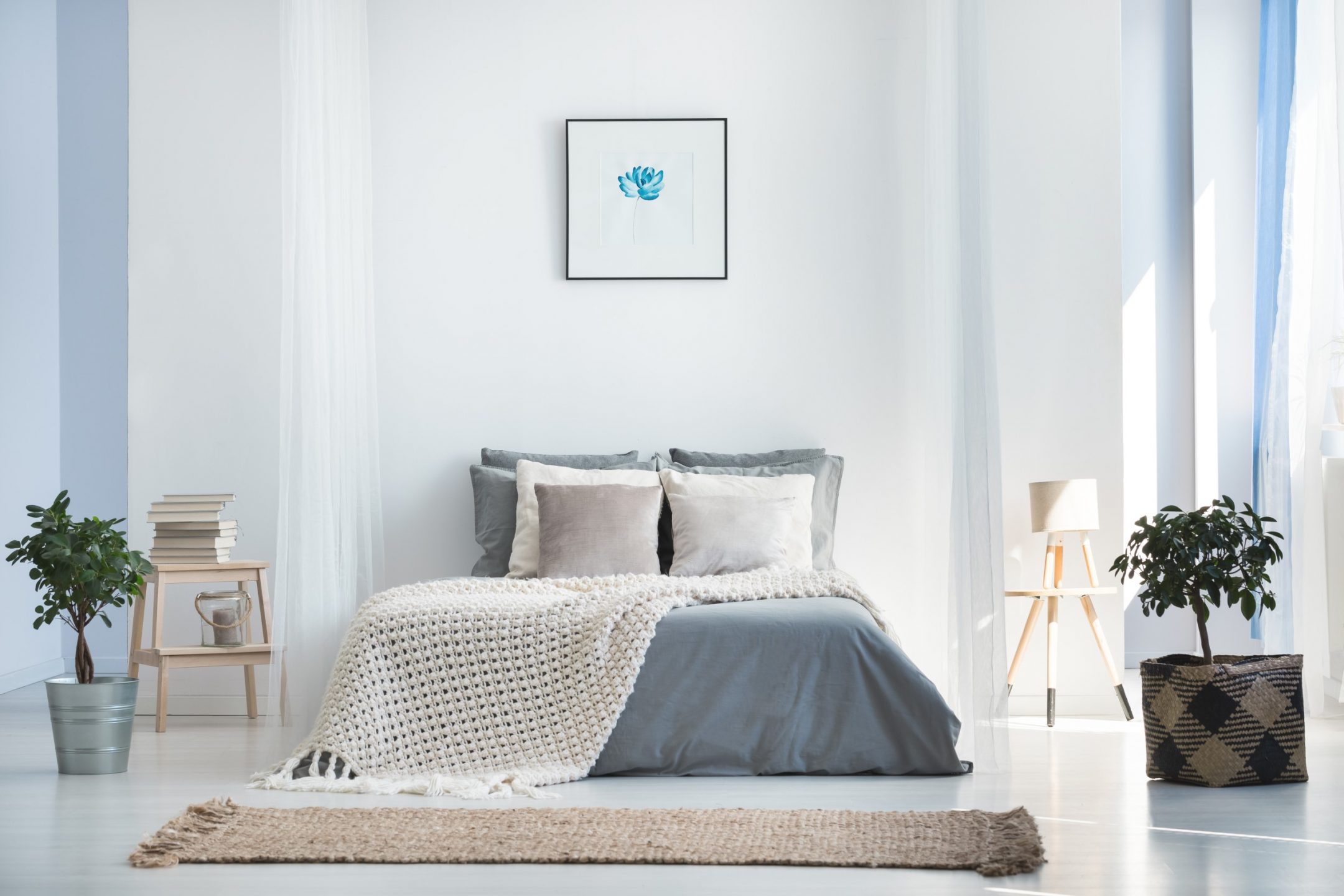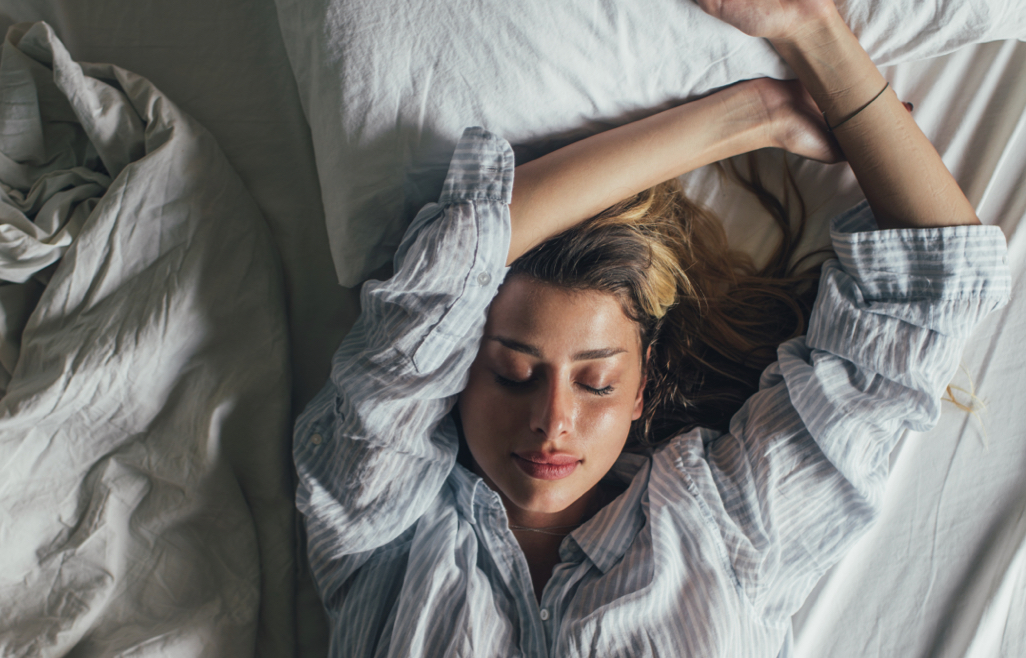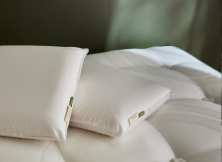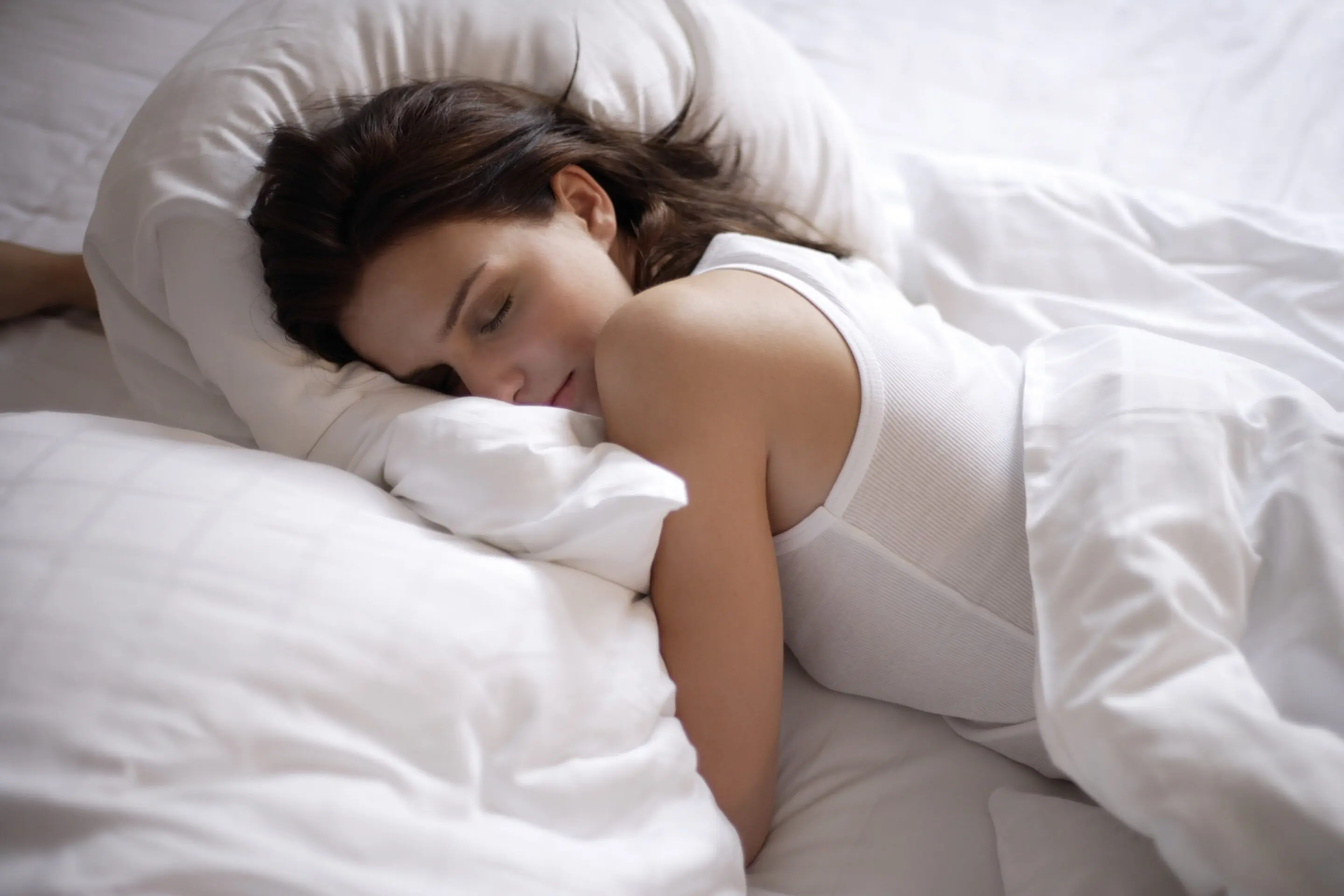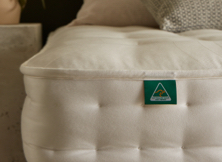In an ideal world everyone would get an abundant amount of totally restful sleep, waking in the morning feeling refreshed and recharged, ready to seize the day. Unfortunately, for some, that kind of sleep is difficult to come by.
To help the body and mind rest and recharge, it is recommended that the average adult needs between 7 – 9 hours of sleep per night. However, time in bed doesn’t always equate to time spent sleeping. In a recent study by the University of Sydney, it’s quality – not quantity that matters most when it comes to sleep.
If you’re not waking up refreshed, you need to start analysing your quality of sleep.
Not sure what this looks like? For adults, good quality sleep means that you:
- Fall asleep within 30 minutes of going to bed
- Have one or no waking through the night.
- And, if you do wake, you fall asleep again within 20 minutes
- Wake in the morning feeling rested and rejuvenated
On the flipside, if it takes you over 30 minutes to fall asleep, if you toss and turn through the night or wake earlier than needed feeling drained and lethargic it’s best to say you’re not getting the good quality sleep you need.
You need the perfect combination of sleep quality and quantity to look, feel and perform to the best of your ability. If you’re concerned about the quality of your sleep, there are a few simple things you can do:
Review your night time routine
The best way to increase your sleep quality is to focus on adding in a relaxing night time routine and removing any stimulants that may disrupt your sleep. Switch off all electronic devices an hour before bed.
Create a bedroom sanctuary
Make your bedroom your sleep sanctuary and keep it for sleeping and intimacy only. There should be no screens and minimal clutter to distract you from the task at hand – sleep! Keep oils, candles, or sachets in your room. Lavender in particular has been shown to reduce a person’s heart rate and blood pressure, relaxing the body and preparing it for sleep.
Clear your mind
Having a clear and calm mind is a huge factor in getting quality sleep. To stop your days’ stress from intruding into the bedroom try taking a hot bath, meditation or yoga, and reading for a set amount of time. Through repetition your body will condition itself for sleep and the calming activities will settle your mind.
Watch what you eat and drink before bed
While certain foods calm your nervous system and trigger a sleep-inducing hormonal response, others can have the opposite affect. Try to reduce caffeine consumption after 2:30pm, do not consume alcohol within 3 hours of sleeping and have your lightest meal of the day for dinner.
For more tips on how to get quality sleep:
